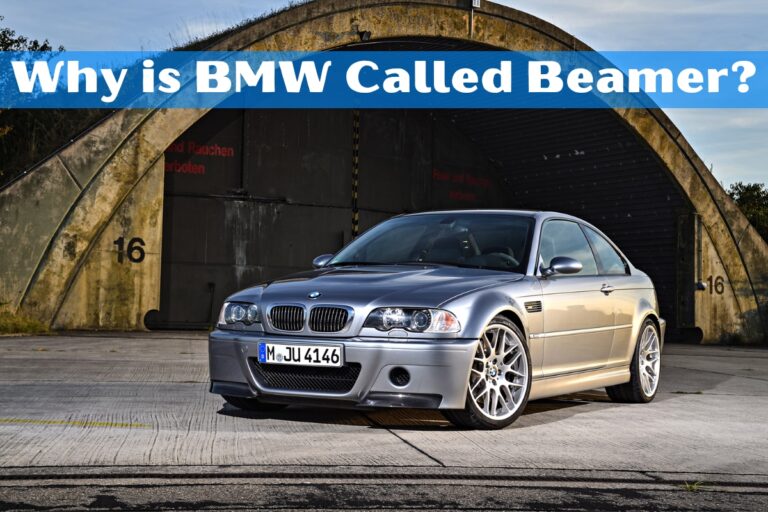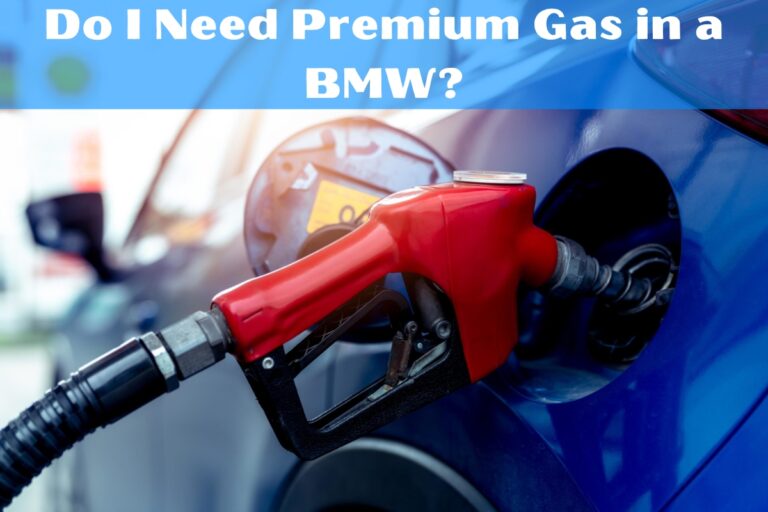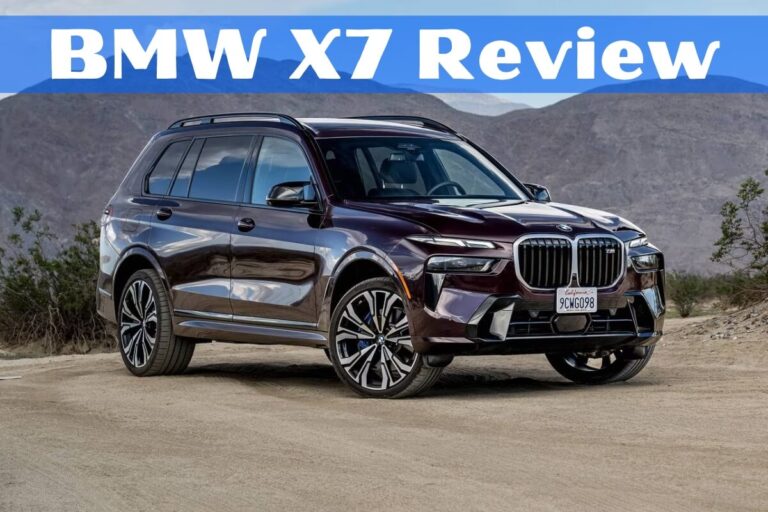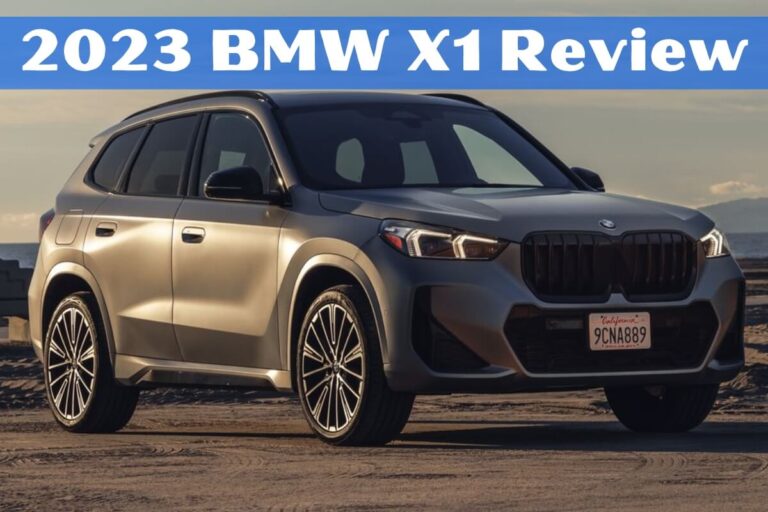Volvo vs BMW: Luxury Cars Compared & Which to Choose

Choosing between Volvo and BMW luxury vehicles? Both offer premium features, performance, and style, but there are key differences to consider. Let’s compare the two brands, highlighting their unique strengths and weaknesses to help you decide which best fits your needs.
This article covers:
- A detailed comparison of Volvo and BMW vehicles in terms of safety, reliability, performance, technology, and design.
- An overview of popular models from both brands, including the Volvo XC90, BMW X5, and more.
- A look at the pricing and ownership costs associated with Volvo and BMW vehicles.
- Expert insights and real-world experiences to provide a well-rounded perspective.
By the end of this guide, you’ll have a better understanding of which luxury vehicle brand aligns best with your needs, preferences, and lifestyle.
What Sets Volvo Apart?
Safety and Reliability: Volvo’s Hallmarks
When it comes to safety and reliability, Volvo has long been a leader in the automotive industry. The Swedish automaker has a well-deserved reputation for engineering vehicles with cutting-edge safety features and robust construction.
Many of the safety innovations we take for granted today, such as the three-point seatbelt and rear-facing child seats, were pioneered by Volvo. The brand continues to push the boundaries of safety technology with advanced driver-assistance systems, collision avoidance systems, and robust body structures designed to protect occupants in the event of a crash.
In terms of reliability, Volvo vehicles are known for their longevity and low maintenance costs. Many Volvo models have proven their ability to rack up high mileage with proper care and maintenance, making them a smart investment for those seeking a vehicle that will stand the test of time.
Volvo’s Commitment to Sustainability
In recent years, Volvo has also emerged as a leader in sustainability and eco-friendly initiatives. The company aims to have a fully electric lineup by 2030 and has made significant strides in reducing its environmental impact through efficient manufacturing processes and the use of recyclable materials.
Volvo’s commitment to sustainability extends beyond just its vehicles. The brand is actively involved in various environmental projects and initiatives, further solidifying its position as a responsible and forward-thinking automaker.
Popular Volvo Models
Among Volvo’s current lineup, the Volvo XC90 stands out as a flagship model. This luxurious three-row SUV offers seating for up to seven passengers, a spacious and well-appointed interior, and a choice of powerful and efficient powertrains, including a plug-in hybrid variant.
The Volvo S60 sedan and Volvo V60 wagon are also popular choices for those seeking a more traditional body style. These vehicles combine Volvo’s renowned safety and reliability with a sleek, modern design and engaging driving dynamics.
What Sets BMW Apart?
Performance and Driving Dynamics: BMW’s Forte
While Volvo is known for safety and reliability, BMW has built its reputation on delivering exceptional performance and driving dynamics. The German automaker has a long history of producing vehicles that prioritize handling, acceleration, and overall driving pleasure.
From the iconic 3 Series to the high-performance M models, BMW vehicles are designed to provide an engaging and exhilarating driving experience. Advanced chassis tuning, powerful engines, and precise steering contribute to the brand’s well-deserved reputation for delivering a dynamic and responsive ride.
Cutting-Edge Technology and Innovation
BMW is also at the forefront of automotive technology and innovation. The brand has embraced the latest advancements in areas such as infotainment systems, driver-assistance features, and connectivity, ensuring that its vehicles are equipped with the latest and greatest tech offerings.
From cutting-edge digital displays to advanced safety systems and seamless integration with smart devices, BMW aims to provide a premium and technologically advanced experience for its drivers and passengers.
Popular BMW Models
The BMW X5 is one of the brand’s most popular and well-rounded models. This midsize luxury SUV combines impressive performance and handling with a spacious and well-appointed interior, making it a great choice for families or individuals seeking a versatile and capable vehicle.
The iconic BMW 3 Series remains a cornerstone of the brand’s lineup, offering a perfect blend of luxury, performance, and practicality in a compact sedan or wagon body style.
For those seeking the ultimate in performance and exclusivity, BMW’s lineup of M models, such as the M3, M5, and X5 M, offer a thrilling driving experience and uncompromising performance.
Volvo vs BMW: Key Comparisons
Now that we’ve explored what sets Volvo and BMW apart, let’s dive into a more detailed comparison of these two luxury vehicle brands across several key areas.
Safety and Reliability
As mentioned earlier, Volvo has a well-deserved reputation for producing some of the safest vehicles on the road. The brand’s commitment to safety is evident in its extensive suite of advanced driver-assistance systems, robust body structures, and innovative safety features.
While BMW vehicles are generally considered safe and reliable, Volvo has a clear advantage in this area, consistently earning top safety ratings from organizations like the Insurance Institute for Highway Safety (IIHS) and the National Highway Traffic Safety Administration (NHTSA).
In terms of reliability, both brands have a strong track record, but Volvo vehicles tend to edge out BMW models in terms of long-term dependability and lower maintenance costs.
Performance and Driving Dynamics
On the other hand, BMW takes the lead when it comes to performance and driving dynamics. The brand’s vehicles are engineered to deliver a thrilling and engaging driving experience, with precise handling, responsive acceleration, and a dynamic chassis setup.
From the smooth and powerful engines to the well-tuned suspension systems, BMW vehicles are designed to provide a level of driving pleasure that few other luxury brands can match.
While Volvo models are no slouches in terms of performance, they tend to prioritize comfort and refinement over outright sportiness, making them a better choice for those seeking a more relaxed driving experience.
Technology and Innovation
Both Volvo and BMW are leaders in automotive technology and innovation, but they approach this area from slightly different angles.
Volvo’s focus is primarily on safety and sustainability, with advanced driver-assistance systems, eco-friendly powertrains, and sustainable manufacturing practices taking center stage.
BMW, on the other hand, tends to prioritize performance-oriented technologies, such as advanced infotainment systems, connectivity features, and cutting-edge driver assistance systems designed to enhance the driving experience.
Design and Styling
In terms of design and styling, Volvo and BMW take distinctly different approaches.
Volvo’s design language is characterized by clean lines, minimalist interiors, and a focus on Scandinavian simplicity and functionality. The brand’s vehicles exude a sense of understated elegance and sophistication.
In contrast, BMW’s design philosophy is more focused on sportiness and performance-oriented styling. From the iconic kidney grille to the sleek and aerodynamic body lines, BMW vehicles have a distinctly dynamic and athletic appearance.
Pricing and Ownership Costs
When it comes to pricing, BMW vehicles tend to command a premium over their Volvo counterparts, especially when you venture into the higher-performance models and more lavishly equipped trims.
However, Volvo vehicles often offer a better value proposition when you consider their impressive safety features, long-term reliability, and lower maintenance costs.
It’s also worth noting that both brands offer a range of models and trim levels to cater to different budgets and preferences, so it’s possible to find affordable options from either manufacturer.
Real-World Experiences and Expert Insights
To provide a well-rounded perspective on the Volvo vs BMW debate, it’s important to consider real-world experiences and expert insights from those who have owned or extensively reviewed vehicles from both brands.
Many Volvo owners praise the brand’s commitment to safety, reliability, and overall peace of mind. The sense of security and confidence instilled by Volvo’s advanced safety features is often cited as a major selling point.
On the other hand, BMW owners tend to rave about the brand’s exceptional driving dynamics, performance, and overall sense of engagement behind the wheel. The sheer joy and excitement of piloting a well-engineered BMW is a common theme among enthusiasts and critics alike.
Expert reviewers and automotive journalists often highlight Volvo’s focus on practicality, comfort, and family-friendly features, while praising BMW’s performance-oriented approach and cutting-edge technology.
Ultimately, the choice between Volvo and BMW comes down to personal preferences and prioritizing the factors that matter most to you as a driver and vehicle owner.
Making the Right Choice: Volvo or BMW?
When it comes to choosing between Volvo and BMW, there is no one-size-fits-all answer. Both brands offer a range of compelling vehicles that cater to different needs and preferences.
If safety, reliability, and environmental sustainability are your top priorities, Volvo may be the better choice. The Swedish automaker’s strong emphasis on cutting-edge safety features, robust construction, and eco-friendly initiatives make its vehicles an attractive option for those seeking a sense of security and peace of mind.
On the other hand, if you prioritize performance, driving dynamics, and a more engaging and exhilarating driving experience, BMW may be the brand for you. The German automaker’s vehicles are engineered to deliver uncompromising performance, precise handling, and an overall sense of driving pleasure that few other luxury brands can match.
It’s also worth considering your lifestyle and intended usage for the vehicle. If you have a growing family and need a spacious, practical, and versatile vehicle, Volvo’s lineup of SUVs and wagons may be more suitable. Conversely, if you’re a spirited driver seeking a more compact and agile vehicle for daily commuting or weekend getaways, BMW’s range of sedans and coupes could be a better fit.
Additionally, factors like pricing, ownership costs, and brand loyalty may play a role in your decision-making process. While BMW vehicles typically command a higher price tag, especially in the higher-performance trims, Volvo often offers a better value proposition when considering long-term maintenance costs and resale value.
Ultimately, the choice between Volvo and BMW comes down to carefully weighing your priorities, budget, and lifestyle needs. It’s essential to test drive vehicles from both brands, familiarize yourself with their respective strengths and weaknesses, and seek advice from trusted sources to make an informed decision that aligns with your preferences and requirements.
Ending Thoughts: Embracing the Best of Both Worlds
While the Volvo vs BMW debate has been ongoing for decades, the truth is that both brands excel in their own unique ways. Volvo’s unwavering commitment to safety, reliability, and sustainability has earned it a well-deserved reputation as a trusted and responsible choice for families and safety-conscious buyers.
On the other hand, BMW’s focus on delivering uncompromising performance, cutting-edge technology, and a truly engaging driving experience has solidified its position as a brand favored by driving enthusiasts and those seeking a thrilling automotive experience.
In an ideal world, one could have the best of both worlds – a vehicle that combines Volvo’s safety credentials and eco-friendly ethos with BMW’s dynamic driving characteristics and advanced technology. While such a perfect fusion may not exist today, the automotive industry is constantly evolving, and it’s not inconceivable that future models from either brand could bridge this gap.
For now, the choice between Volvo and BMW comes down to prioritizing the factors that matter most to you as a driver and vehicle owner. Whether you value safety and practicality above all else or crave an exhilarating driving experience, both brands offer a range of compelling options to suit your needs.
Ultimately, the Volvo vs BMW debate is a testament to the diversity and excellence within the luxury automotive segment. With such strong contenders vying for your attention, the real winner is you – the discerning buyer who gets to choose from a wealth of premium vehicles that represent the pinnacle of automotive engineering and design.






